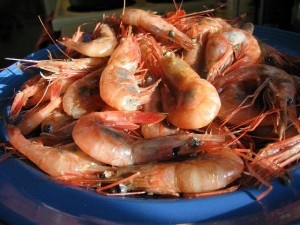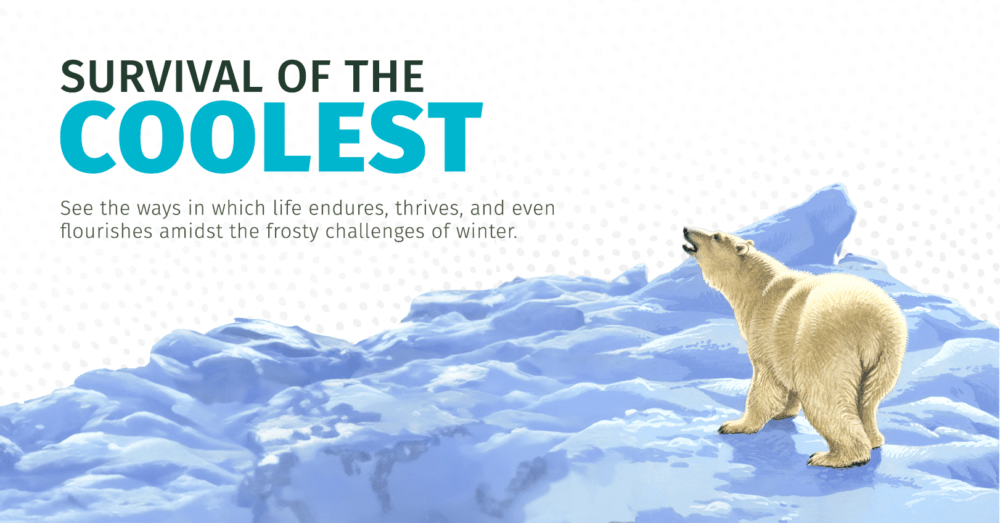We have much more to do and your continued support is needed now more than ever.
Maine Shrimp Collapse Linked to Climate Change

The Atlantic States Marine Fisheries Commission voted to close the Gulf of Maine to shrimping after a harvest last winter that was the smallest since the last shutdown of the fishery, in 1978.
“We are screwed,” said Mel Cushman of Port Clyde, whose husband, Randy Cushman, has been fishing for shrimp and groundfish for more than 30 years. “Shrimping is half of our (yearly) income. We don’t know what we are going to do.”
According to NOAA’s National Climatic Data Center, “The global ocean surface temperature for the year to date was 0.48°C (0.86°F) above average, tying with 2009 as the seventh warmest such period on record.” Scientists are directly connecting the collapse to warming ocean temperatures:
This summer, a survey indicated that the northern shrimp stock was at its lowest level since the annual trawl survey began in 1984. A report released Nov. 21 by the fisheries commission’s Northern Shrimp Technical Committee concluded that the stock has collapsed.
The report recommended a moratorium on shrimping in 2014 to maximize the species’ spawning potential. It attributed the collapse in part to warming ocean temperatures.
Regulators said the warming ocean and the absence of the normal springtime surge of plankton, a critical link at the bottom of the ocean’s food chain, have hurt northern shrimp. Predation by other fish species and overfishing a few years ago also contributed to the collapse.
Global warming is putting growing pressure on our wildlife and the jobs that depend on them and shrimp are far from the only species in the region being pushed to the brink by climate change. Moose are feeling the heat and under attack from ticks that love warmer winters. And puffins are having more trouble finding food, with global warming-fueled fish habitat shifts a prime culprit.
![]() Help protect Maine’s wildlife by asking your members of Congress to support incentives for clean energy.
Help protect Maine’s wildlife by asking your members of Congress to support incentives for clean energy.






















